Obon: Honoring Ancestors Across Generations
Obon, a time-honored Japanese festival, bridges the gap between the living and the dead. As millions of people travel to reunite with their ancestors, this spiritual celebration showcases the rich heritage and familial bonds central to Japanese culture.
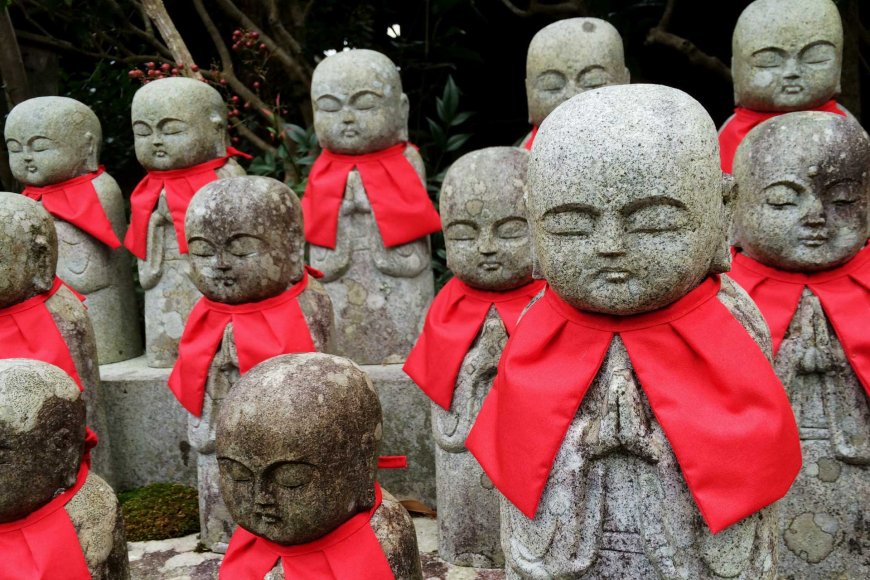
A Time of Reverence and Reflection in Japan
Every summer, Japan comes alive with the vibrant and solemn observance of Obon, also known simply as Bon. This annual holiday is a blend of ancient Japanese beliefs about ancestral spirits and Buddhist traditions, creating a unique cultural event dedicated to honoring one’s ancestors. The belief is that during Obon, the spirits of deceased loved ones return to the living world to reunite with their families. This tradition, rich in history and meaning, is a cornerstone of Japanese culture, emphasizing the importance of familial bonds and respect for those who have passed away.
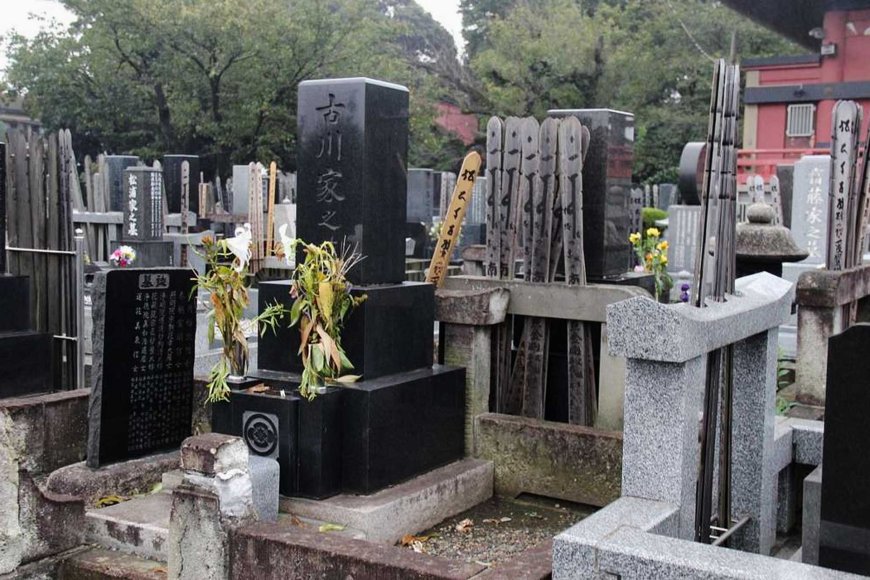
The Essence of Obon: Honoring Ancestral Spirits
Obon is more than just a festival; it is a deeply spiritual time for many Japanese people. The event is observed in mid-August, with the primary dates from August 13th to 16th. During these days, families across Japan prepare to welcome the spirits of their ancestors back to their homes. One of the most symbolic aspects of Obon is the use of chochin, or paper lanterns. These lanterns are hung in front of houses and temples to guide the spirits back to the earthly realm. The soft glow of these lanterns creates an atmosphere of reverence and peace, symbolizing the connection between the living and the dead.
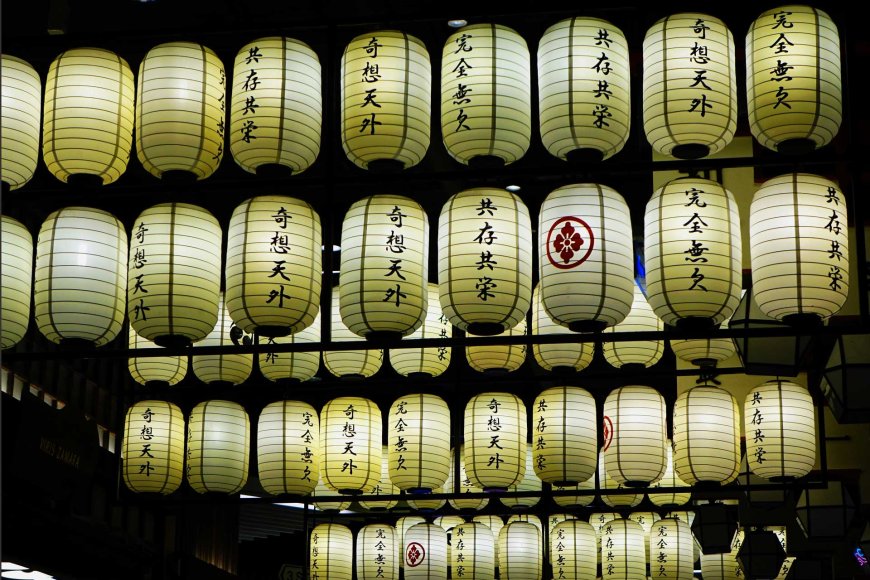
Another integral part of Obon is the Bon Odori, or traditional Obon dance. These dances are performed in various regions of Japan and are a way for communities to come together in celebration and remembrance. Each region has its own unique style of Bon Odori, reflecting the local culture and traditions. The dances are often held in open spaces, such as parks or temple grounds, and are accompanied by traditional music. Participants dress in yukata (light summer kimono) and move in rhythmic patterns, creating a mesmerizing display that captures the spirit of the festival.
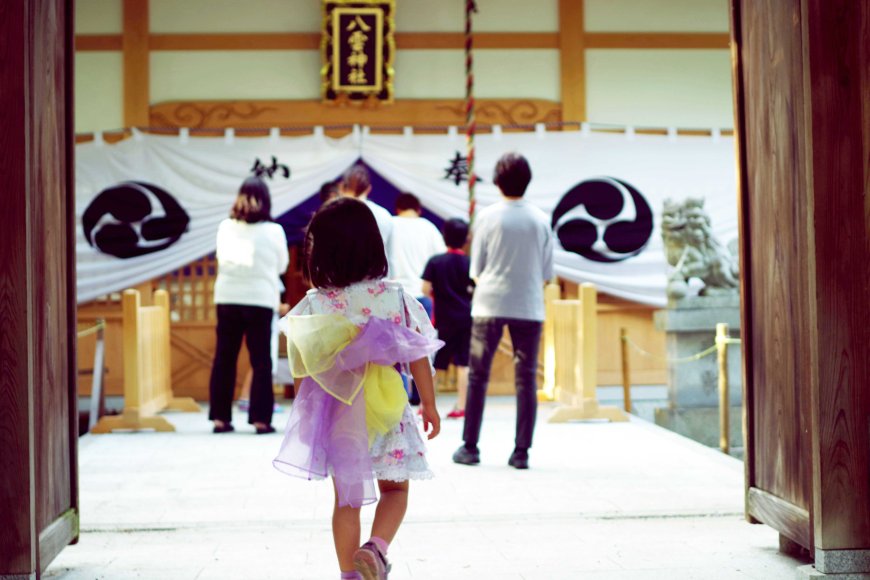
The Third Busiest Holiday Period: A Time of Reunion
Obon is one of the most significant holiday periods in Japan, ranking third in terms of domestic travel after New Year and Golden Week. The 2024 Obon season is expected to see around 20 million travelers moving across the country, as people return to their hometowns to visit family graves and participate in local festivities. This mass movement highlights the importance of family ties in Japanese society, as well as the deep respect for ancestors that is ingrained in the culture.
During Obon, it is common for families to visit the graves of their ancestors to clean the tombstones, offer food, and burn incense. This act of paying respects is known as ohakamairi, and it serves as a way for the living to connect with the spirits of their loved ones. The ritual is both solemn and heartfelt, reflecting the enduring bonds between generations. For many, Obon is also a time of reunion, as extended families gather to remember their ancestors and share in the cultural traditions that have been passed down through the ages.
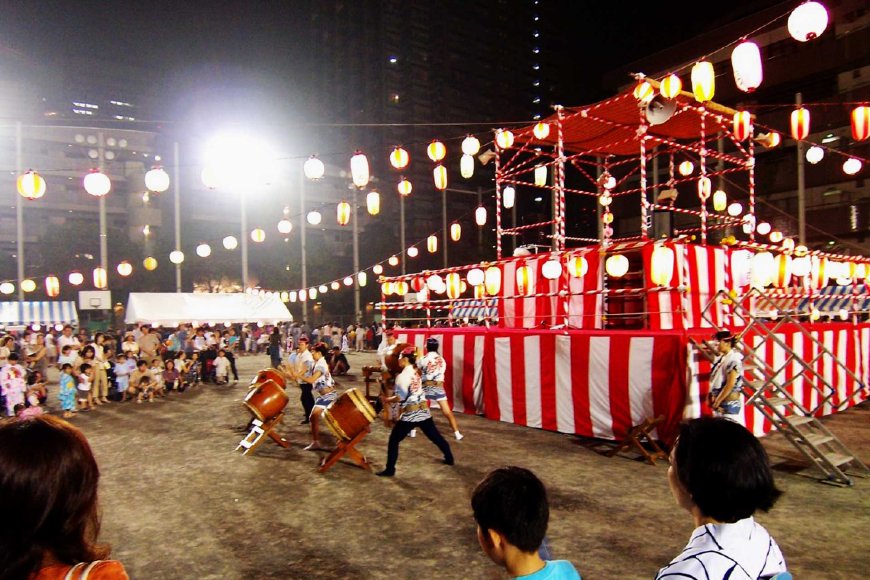 Credit: jetalone
Credit: jetalone
A Surge in International Tourism
In addition to being a significant event for the Japanese people, Obon also attracts a growing number of international visitors. Japan has seen a resurgence in tourism, with over 3 million international travelers arriving in May 2024 alone. This trend marks a 9.6% increase compared to the same period in 2019, demonstrating Japan’s continued appeal as a travel destination. The cultural richness of Obon is a major draw for tourists, offering them a unique opportunity to experience one of Japan’s most cherished traditions.
Obon provides a window into the Japanese way of life, where respect for ancestors and the celebration of heritage are central to the cultural identity. Visitors can participate in local festivities, witness Bon Odori dances, and even join in ceremonies. The festival offers a profound cultural experience that resonates with the values of community, continuity, and remembrance.
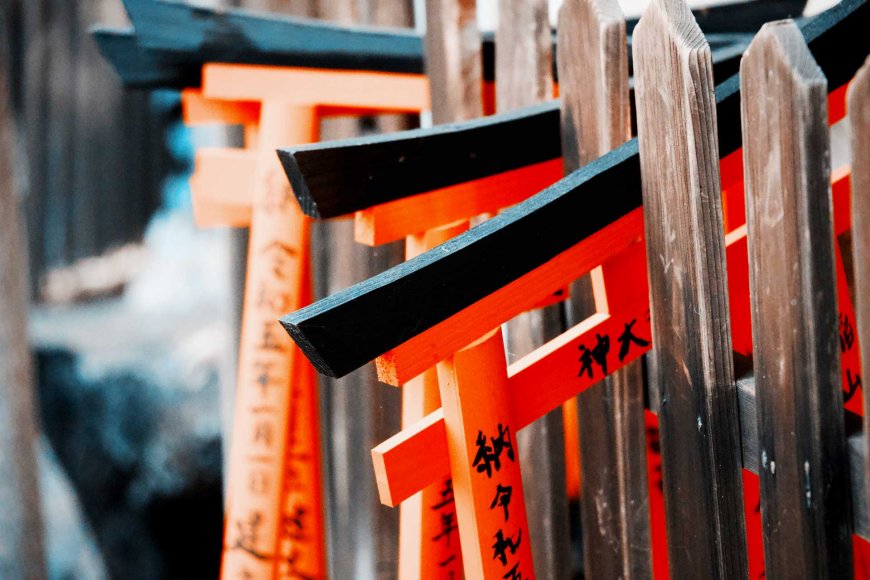
A Journey Through Japan’s Cultural Landscape
Obon is celebrated across Japan, with different regions offering unique traditions and events. Kyoto, known for its rich history and stunning temples, is one of the top destinations for experiencing Obon. The city’s famous Gozan no Okuribi, or “Daimonji” festival, involves lighting giant bonfires on the mountains surrounding Kyoto, symbolizing the return of the spirits to the afterlife. The sight of these fires illuminating the night sky is both awe-inspiring and deeply symbolic.
In Gujo, a small town in Gifu Prefecture, the Gujo Odori dance festival is a highlight of the Obon season. This dance festival, which dates back over 400 years, is one of the longest in Japan, lasting 32 nights and culminating in an all-night dance on August 13th. The festival is a testament to the enduring spirit of Obon, as people of all ages come together to dance in honor of their ancestors.
Hokkaido, Japan’s northernmost island, offers a different take on Obon with the Nemuro Kuruma Ningyo, a unique puppet theater tradition that dates back to the Edo period. This theatrical performance, combined with traditional music and storytelling, provides a rich cultural experience that is deeply rooted in the history of the region.
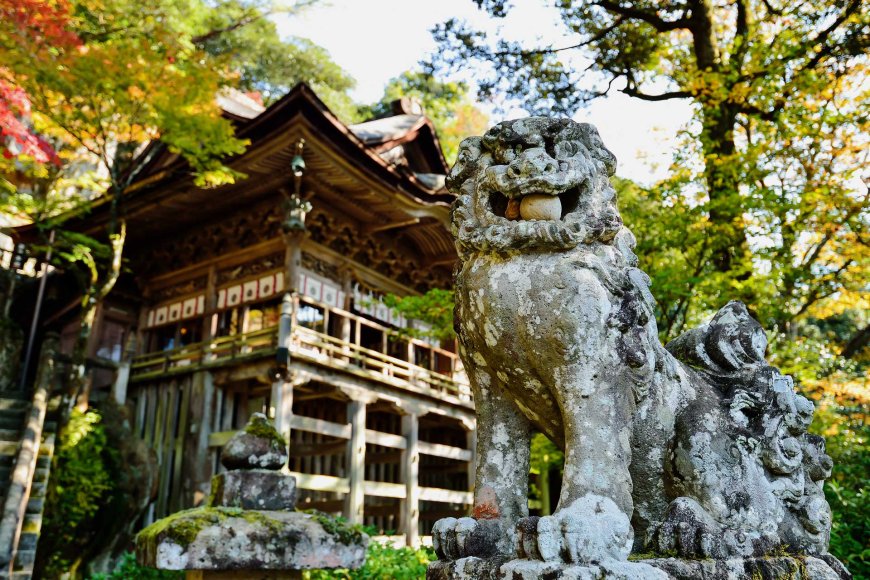
Obon’s Enduring Legacy
Obon is more than just a holiday in Japan; it is a time of deep reflection, family reunion, and cultural celebration. The festival’s rituals, from lighting lanterns to dancing Bon Odori, serve as a bridge between the past and the present, connecting the living with their ancestors. As Japan continues to welcome a growing number of international visitors, Obon stands as a powerful reminder of the country’s rich cultural heritage and the enduring importance of honoring those who came before. Whether you are a local or a visitor, experiencing Obon offers a unique insight into the heart and soul of Japan.
Find Cheap Flight Tickets to any Destinations in Japan and the Philippines
Nipino.com is committed to providing you with accurate and genuine content. Let us know your opinion by clicking HERE.































































